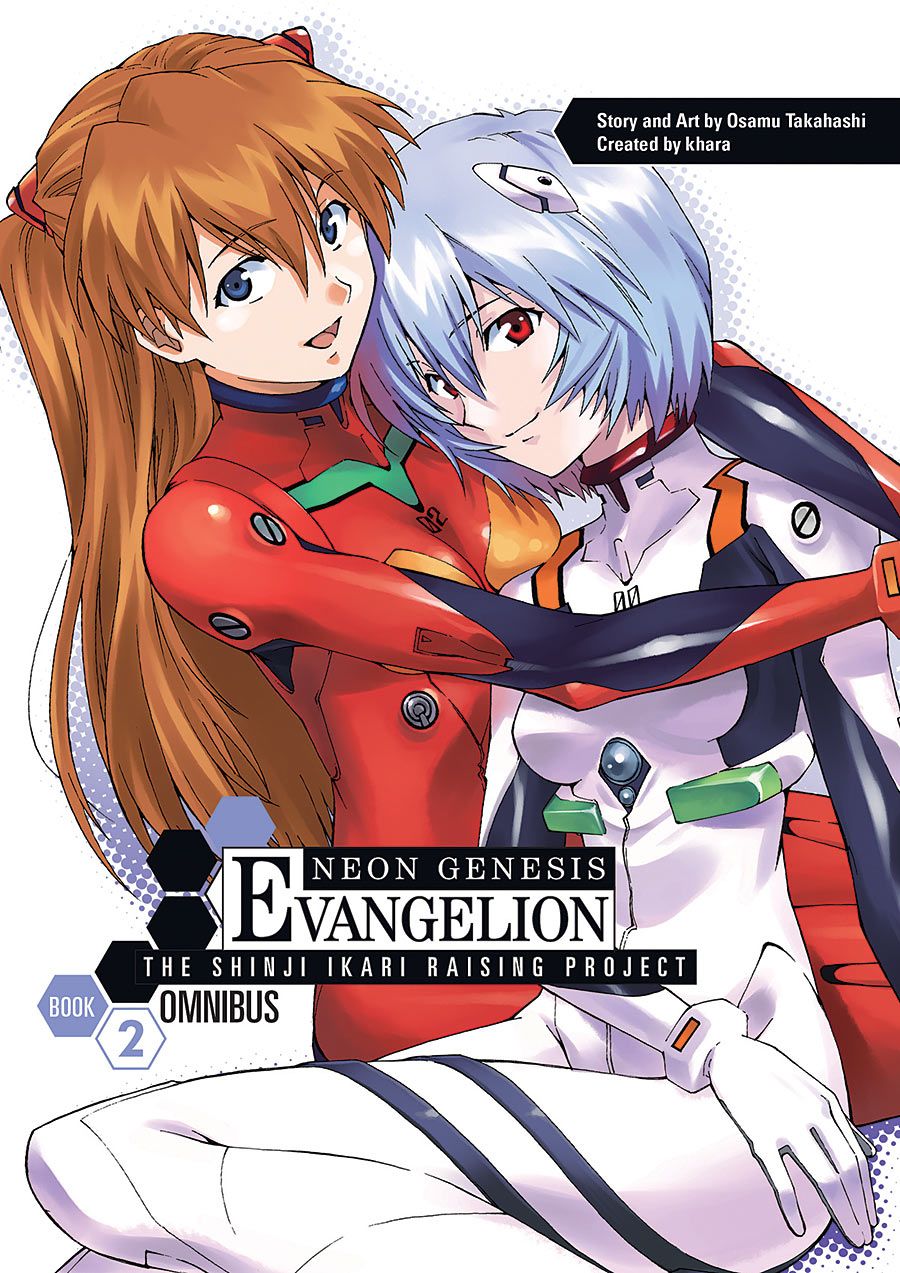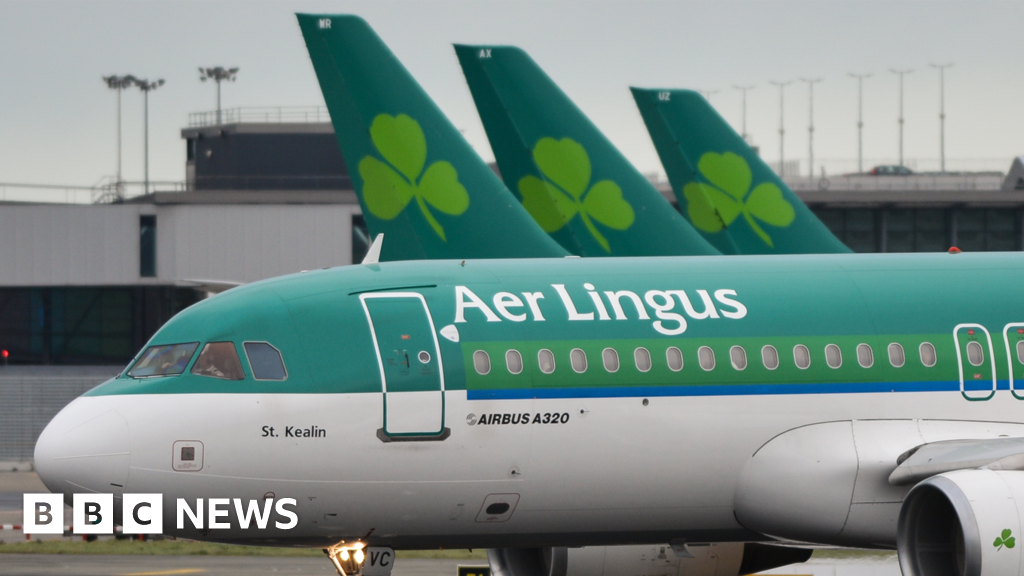Evangelion’s most famous original voice takes a stand against AI in anime
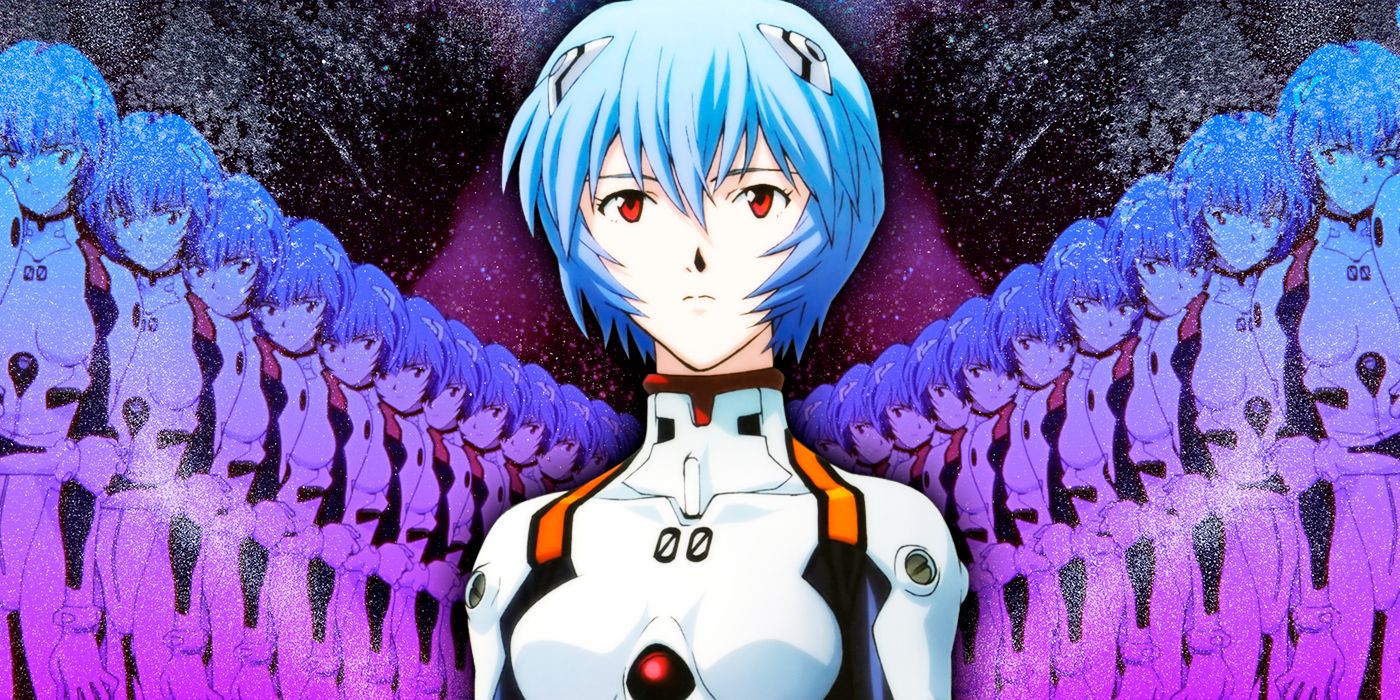
Neon Genesis Evangelion was one of the most iconic anime of the 1990s, and that popularity extended to the music; its opening theme quickly became one of the most iconic songs in anime history, both domestically and internationally. Now, the singer behind the show’s classic OP is taking a strong stance against the use of AI.
Via Yahoo Japan: Yoko Takahashi, the singer known for major hits such as “A Cruel Angel’s Thesis,” will no longer perform at an event called “First Concert” (Sakura Hall, Shibuya) by the Ikebukuro Animation Philharmonic Orchestra. Her absence is due to the show’s use of promotional materials created by AI. This has further demonstrated not only the growing presence of AI art in the anime industry, but also the solidarity of many within that industry, including its singing and musical talents.
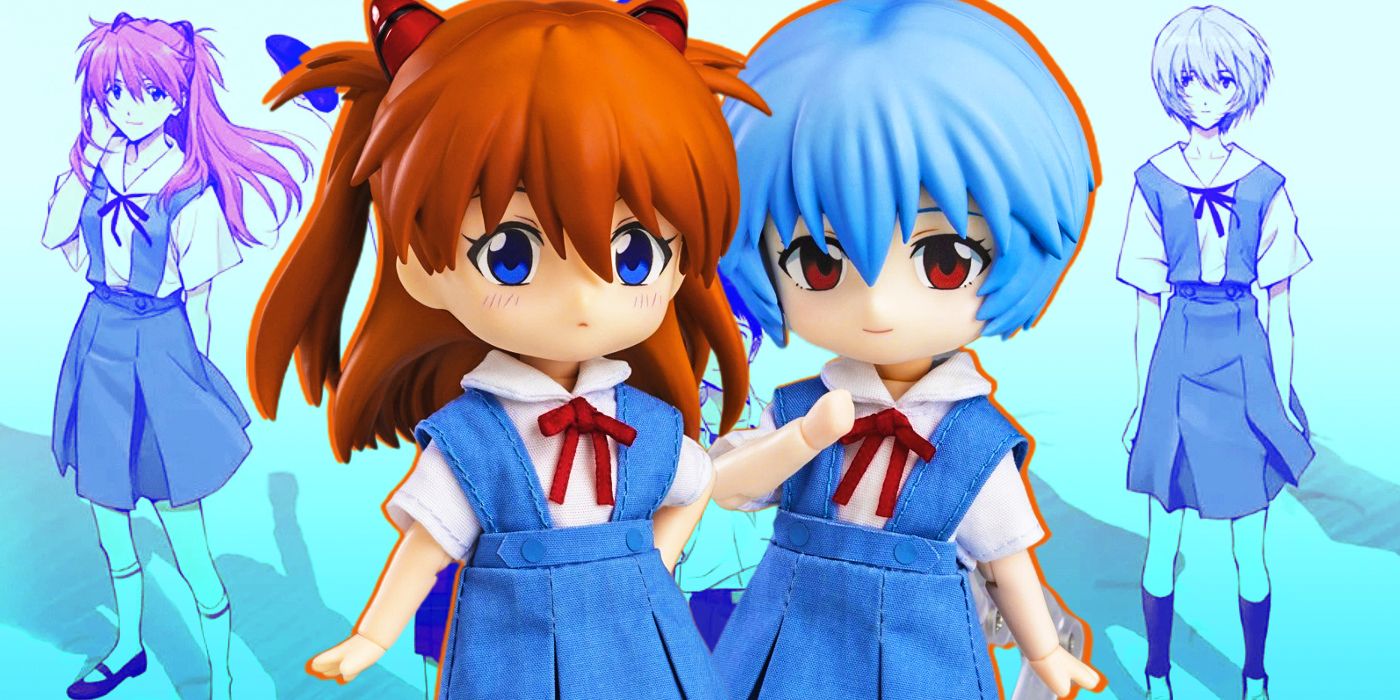
Related
Good Smile Company’s Evangelion dolls Asuka and Rei are dressed for school
Two of Neon Genesis Evangelion’s newest collectible figures are heavily deformed doll versions of Rei and Asuka in real fabric school uniforms.
Yoko Takahashi was scheduled to perform at the Ikubukuro Animation Philharmonic’s first concert, currently scheduled for July 10, 2024. The singer is best known for “Zankoku na Tenshi no Tēze” or “Cruel Angel’s Thesis”), the iconic and haunting theme song for the original Neon Genesis Evangelion anime series. The show and its opening song continue to be huge hits, which is why Takahashi’s presence has delighted so many fans. However, Takahashi will no longer be participating due to the show’s promotional image, which featured a banner with AI-generated artwork – a fact the singer found distasteful given the concert’s celebration of anime as a medium, explaining that she “can’t face (the AI artwork) as an artist” and wants to “appreciate the feelings of everyone who loves anime more than anything.”
Takahashi and the Ikebukuro Animation Philharmonic both announced that the former would not be participating in the show. Since then, many have spoken out in support of the decision, noting that it was a “bold decision” by Takahashi. The presence of AI art in anime has become a growing concern, especially when it comes to the artistic integrity of the medium. The implementation of AI animation is already happening at several studios and will likely continue to increase, even phasing out some elements of the animation process.
In response to fan reactions following Takahashi’s publicly declared absence, the concert’s official website released an official statement that read, in part, “Although we call ourselves an orchestra that loves anime, we are ashamed that we were not sufficiently aware of the recent issues surrounding generative AI. We also realized that we did not take into account the work and feelings of everyone who loves anime and the creative aspects of it, and all members of the Executive Committee deeply regret this. We sincerely apologize for the inconvenience caused to many people due to our incompetence. We have temporarily replaced the images used on the flyer and website with works we commissioned from an illustrator. We will continue to prepare for the concert using these images.”
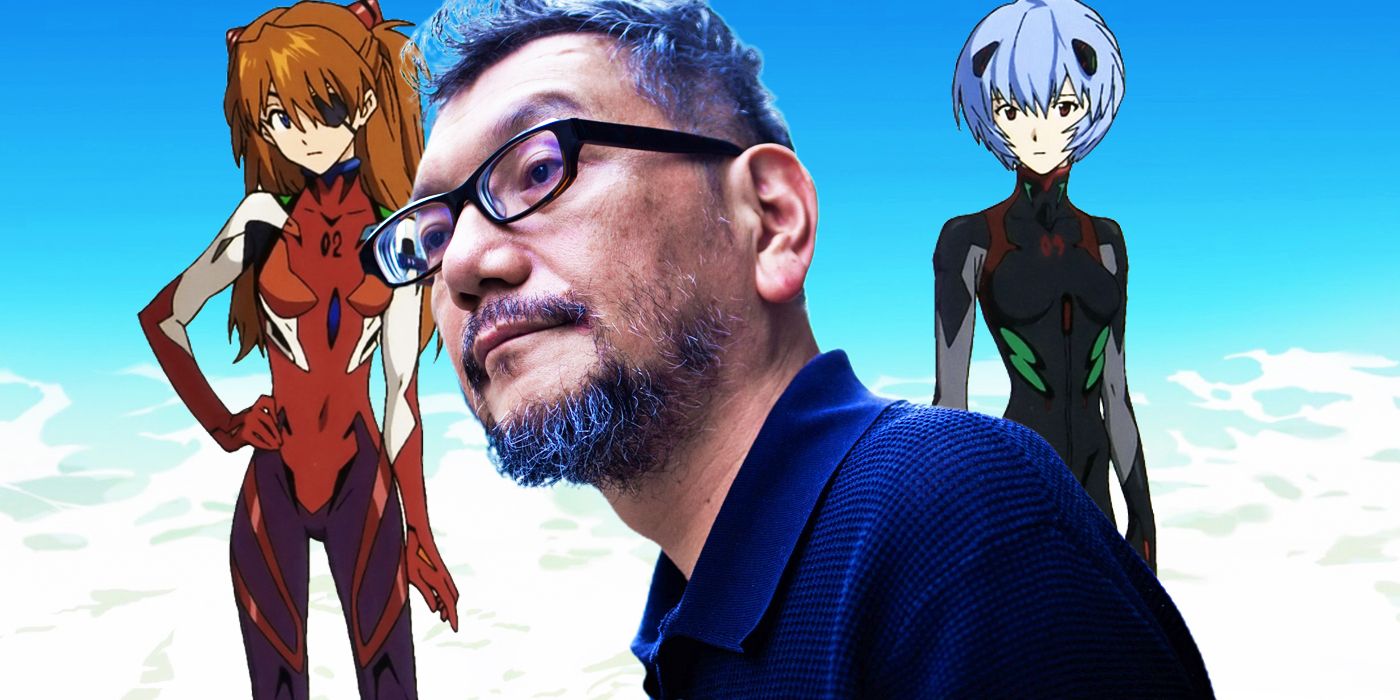
Related
Evangelion creator Hideaki Anno’s studio releases statement following Gainax’s bankruptcy
Khara, the studio of Neon Genesis Evangelion creator Hideaki Anno, provides additional context to Gainax’s bankruptcy in a recently released official statement.
Evangelion remains a classic for generations of anime and mecha fans
Even anime fans who were not there when Neon Genesis Evangelion are aware of its legacy. The series turned mecha anime on its head with its psychological storytelling and sparked a wave of dark deconstructions in the medium. The music was particularly popular, be it the show’s theme song, its ending (“Fly Me to the Moon”) or the equally angelic “Soul’s Refrain,” the theme song of the film End of Evangelion. The latter was also sung by Yoko Takahashi and fit the franchise’s motif of initially slow but pulsating melodies. Although the original show ended in the 1990s, it has remained a huge franchise in the years since. The most recent iteration was the film series Rebuilding Evangelionwhich served as a semi-restart and ended with Evangelion: 3.0+1.0 Three times it was in 2021.
Series creator Hideaki Anno has stated that a sequel or a new Evangelion Project could be a potential project in the future. He has also commented that newer and younger viewers don’t seem to want new ideas in anime. This constant need for remakes and reboots is coupled with concerns about AI and the integrity of the art. Regardless of where the franchise goes, it is clear that its original version will be celebrated for years to come.
Source: Yahoo Japan, Oricon

